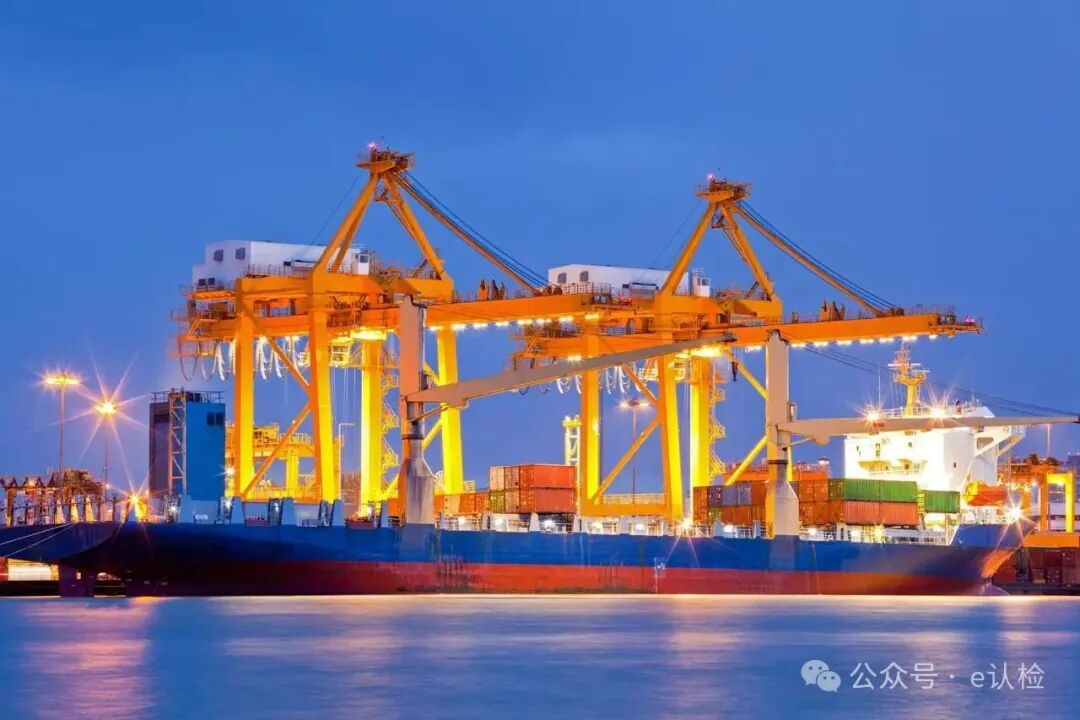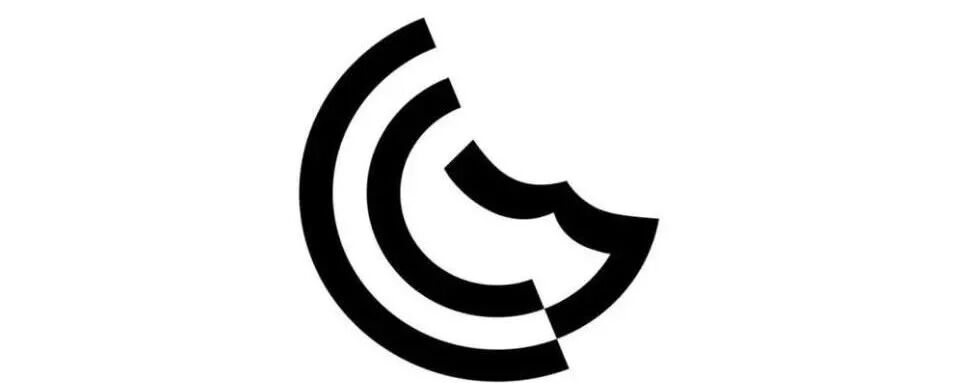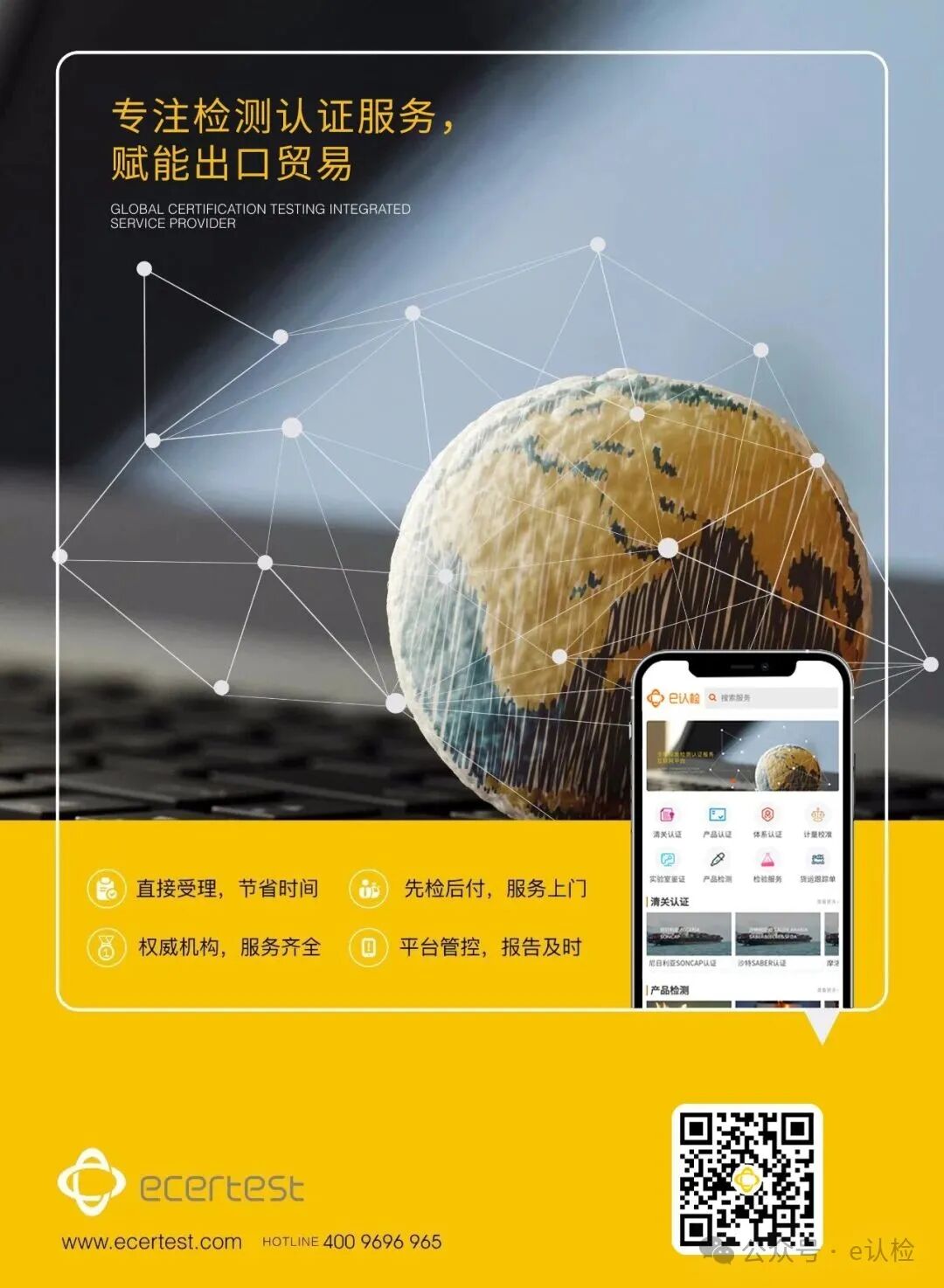The Gulf GCC certification is a key passport for entering the markets of the Gulf Cooperation Council member countries, coveringSaudi Arabia, the United Arab Emirates, Kuwait, Qatar, Oman, Bahrain, and Yemen, among others. As a cornerstone of regional trade integration, GCC certification is not only a mandatory threshold for market access but also an important endorsement for companies to gain the trust of Gulf consumers.

GCC is the abbreviation for the Gulf Cooperation Council. The Gulf Cooperation Council was established on May 25, 1981, in Abu Dhabi, UAE. Its member countries include Saudi Arabia, Kuwait, the United Arab Emirates, Qatar, the Sultanate of Oman, the Kingdom of Bahrain, and Yemen.
01GCC Certification
GCC certification refers to a series of certification systems established and implemented by the Gulf Cooperation Council countries. This certification aims to ensure that products sold in the GCC member countries meet specific technical and quality standards to protect consumer safety and rights.

Starting from January 1, 2011, the Gulf Standardization Organization (GSO) has implemented mandatory G mark certification for toys exported globally to the seven Middle Eastern countries. Toys must obtain this certification and affix the G mark label to clear customs.
Since July 1, 2016, Gulf countries have enforced GCC certification requirements for certain low-voltage electrical equipment and supplies. After the implementation of this regulation, certain low-voltage electrical equipment manufactured locally or imported into these countries must meet the safety and electromagnetic compatibility (EMC) requirements listed in the technical regulations.
The regulation BD-142004-01 has been fully enforced since July 1, 2016. After January 1, 2017, low-voltage electronic and electrical equipment that has been certified and manufactured locally or imported into these countriesmust bear the G mark with a QR code and issuing agency number.
02Scope of Certification
1. Household fans and exhaust fans
2. Refrigerators/freezers and other household freezing devices with a volume not exceeding 30 cubic feet
3. Centrifugal clothes dryers/washing machines, including washer-dryer combos, with a washing capacity not exceeding 12 kg
4. Food grinders and blenders/fruit or vegetable juicers
5. Household toasters
6. Hair straighteners, curling irons, and hair dryers
7. Microwave ovens
8. Other stoves; rice cookers, air fryers, barbecues, and ovens
9. Electric instantaneous water heaters, storage water heaters, and immersion liquid heaters
10. Electric irons
11. Plugs, sockets, adapters, power cords, extension cords, and chargers
12. Air conditioners
13. Toy products (stuffed toys, toy cars, play dough, etc.)
Note: Plugs, adapters, and chargers exported to Saudi Arabia must comply with IEC standards, and products related to water efficiency will require GCC certification starting in 2026.
03Detailed GCC Certification Process
1. Application Submission:Submit technical documents (such as manuals, circuit diagrams, and test reports) to the GSO (Gulf Standardization Organization) or authorized agencies.
2. Product Testing:Conduct safety, EMC, and other tests in GCC-accredited laboratories (common standards: IEC + localized Gulf requirements).
3. Factory Inspection:Some products require factory inspections (e.g., home appliances).
4. Certificate Issuance:Upon passing the review, obtain the GCC Conformity Marking (valid for typically 1-3 years).
Duration & Cost: Approximately 4-8 weeks, with costs varying by product category.
04Frequently Asked Questions Q&A
Q1: What is the relationship between GCC certification and Saudi SABER certification?→ GCC is a general certification for the Gulf, but some products in Saudi Arabia require additional registration through the SABER system (e.g., certain building materials).
Q2: What should I do if the certification fails?→ Adjust the product according to the rectification suggestions (e.g., replace components, supplement tests) and resubmit the application.
Q3: How can I verify the authenticity of the certification agency?→ Refer to the authorized agencies listed on the GSO official website.
Yiren Inspection provides one-stopGCC certification and Saudi Saber certification services, offering attentive services from material review to the issuance of PC and SC certificates, considering the perspective of enterprises to help them quickly and cost-effectively enter the Gulf market.
Moreover, Yiren Inspection, as an authoritative and professional global quality management service leader, providescompliance inspection services, consulting, and document review services, involving the review and consulting of application documents, testing standards, invoices, and packing lists.
Yiren Inspection quickly processescustoms clearance certification, providingproduct names + HS codes, offering professional guidance and fast processing.
| Disclaimer:All videos, images, and text used in this article are sourced from the internet, and the copyright belongs to the original authors. If there are any copyright issues, please contact us for removal.

● About Hangzhou Yiren Inspection Technology Co., Ltd.
● Starting today, these new foreign trade regulations may affect your business!
● The operational process and risk warnings for designated goods
● This South Asian country has recently announced: all import restrictions will be lifted!
● SASO updates technical regulations and control requirements for certain products
● Starting June 15, this country will require an ECTN certificate for all import and export goods
● Export to Saudi Arabia tips | SASO adds four categories of technical regulations for machinery
● Latest news! Starting August 30, Saudi Arabia will add water efficiency requirements for the following HS codes
● Useful information! Nigeria SONCAP customs clearance certificate!
● Industry news | The State Council amends the “Regulations on International Maritime Transport of the People’s Republic of China”
● Knowledge sharing | Summary of global destination port customs clearance certificates
● Zimbabwe | The new control list will be fully implemented on January 1, 2024
● Certification interpretation | Somalia CBCA certification
● Product category segmentation for Uganda PVoC control
● Certification interpretation | Kuwait COC customs clearance
